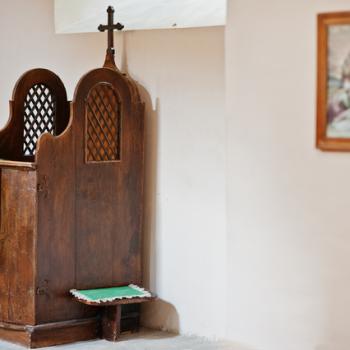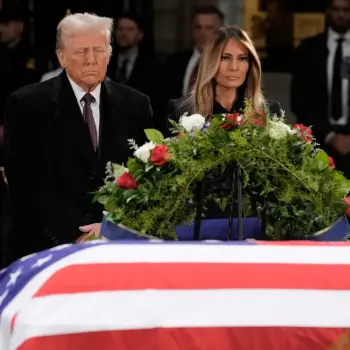 I begin with a bit of self disclosure: I am frugal to a fault when it comes to feeding and clothing my children—they've never tasted meat that costs more than $3.00 a pound—but I have no self-restraint when it comes to theater and concerts and other arts-based status markers. Pass a glossy program guide under my nose, and I'll have my wallet open before the cheap seats are sold out. But I won't buy the cheap seats. (Yes, indeed, this is self-congratulation disguised as self-deprecation. I'm so terrible about that.) So consider this an introduction to what may become an intermittent series on children's literature and arts here on Salt and Seed.
I begin with a bit of self disclosure: I am frugal to a fault when it comes to feeding and clothing my children—they've never tasted meat that costs more than $3.00 a pound—but I have no self-restraint when it comes to theater and concerts and other arts-based status markers. Pass a glossy program guide under my nose, and I'll have my wallet open before the cheap seats are sold out. But I won't buy the cheap seats. (Yes, indeed, this is self-congratulation disguised as self-deprecation. I'm so terrible about that.) So consider this an introduction to what may become an intermittent series on children's literature and arts here on Salt and Seed.
When I heard about a stage production of Lois Lowry's young adult novel The Giver, there was no question that I would take my 9-year-old to see it. The novel has been popular in my ward book group; I've read it twice in the last few years. I read YA fiction rarely, but I enjoyed this story and I was eager to share it with my daughter. Eric Coble's adaptation followed the novel closely, set in a dystopian master-planned community in which human experience is radically standardized, flattened, and insulated under a social regime called Sameness. Members of the community lead safe, pleasant, and equitable lives, but they retain little control over their personal choices and virtually no understanding of the ecstatic and tragic ranges of human possibility. The young protagonist, Jonas, an insider-outsider character familiar in this kind of fiction, leads the community toward greater openness, wisdom, and joy—and, inevitably, toward greater suffering.
The libertarian themes of The Giver resonate strongly with what we might call Lehi's Christian libertarianism in the Book of Mormon. The Book of Mormon, like The Giver, privileges human freedom and moral choice; it links choice with knowledge (though Lowry presents wisdom as the consequence of free choice, while Lehi sees knowledge as its necessary precondition); and it insists on the necessity of evil to enable the quintessential human experience of joy. In the Book of Mormon, the overarching doctrine of the Two Ways establishes moral choice as the vehicle of spiritual growth. By a similar logic, Lowry shows the members of the community, denied the exercise of genuine personal choice, to be monstrous moral infants, lacking conscience and empathy: we are horrified to learn that Jonas's gentle father routinely, cheerfully euthanizes underweight infants.
These questions of free will, personal choice, and moral maturity are central in Mormon teaching, but they also present a philosophical problem. Last month I contributed to a roundtable on Mormon feminism hosted here at Patheos. In my response to the top line essay by Kathryn Soper, I challenged Mormon feminists to examine the theoretical and theological category that organizes their discourse and directs their aims: the notion of personal choice. I suggested that as a philosophical model, personal choice (and the notion of autonomous free will that underwrites it) has proved to be a weak analytical tool, unable to account for vast tracts of human experience and largely unable to speak to questions of morality and moral authority. As a political tool, the discourse of personal choice has succeeded in controlling public conversations but has seen much less success in uniting polarized groups or galvanizing collective action.
So I am interested in refining a naïve understanding of Mormon teachings on free will and moral agency, in reading our texts in ways that can account for the neurological and social discontinuities of the self, the epicenter of moral agency, and for the myriad ways in which free choice is mitigated, constrained, and disrupted—and, more deeply, in probing the deep connection between choice and morality. It occurs to me that The Giver, chiming as it does with Book of Mormon teachings, might offer some interpretive clues. For even at the most basic level of analysis, the novel offers an alternative reading of its own thematics of freedom and choice.





